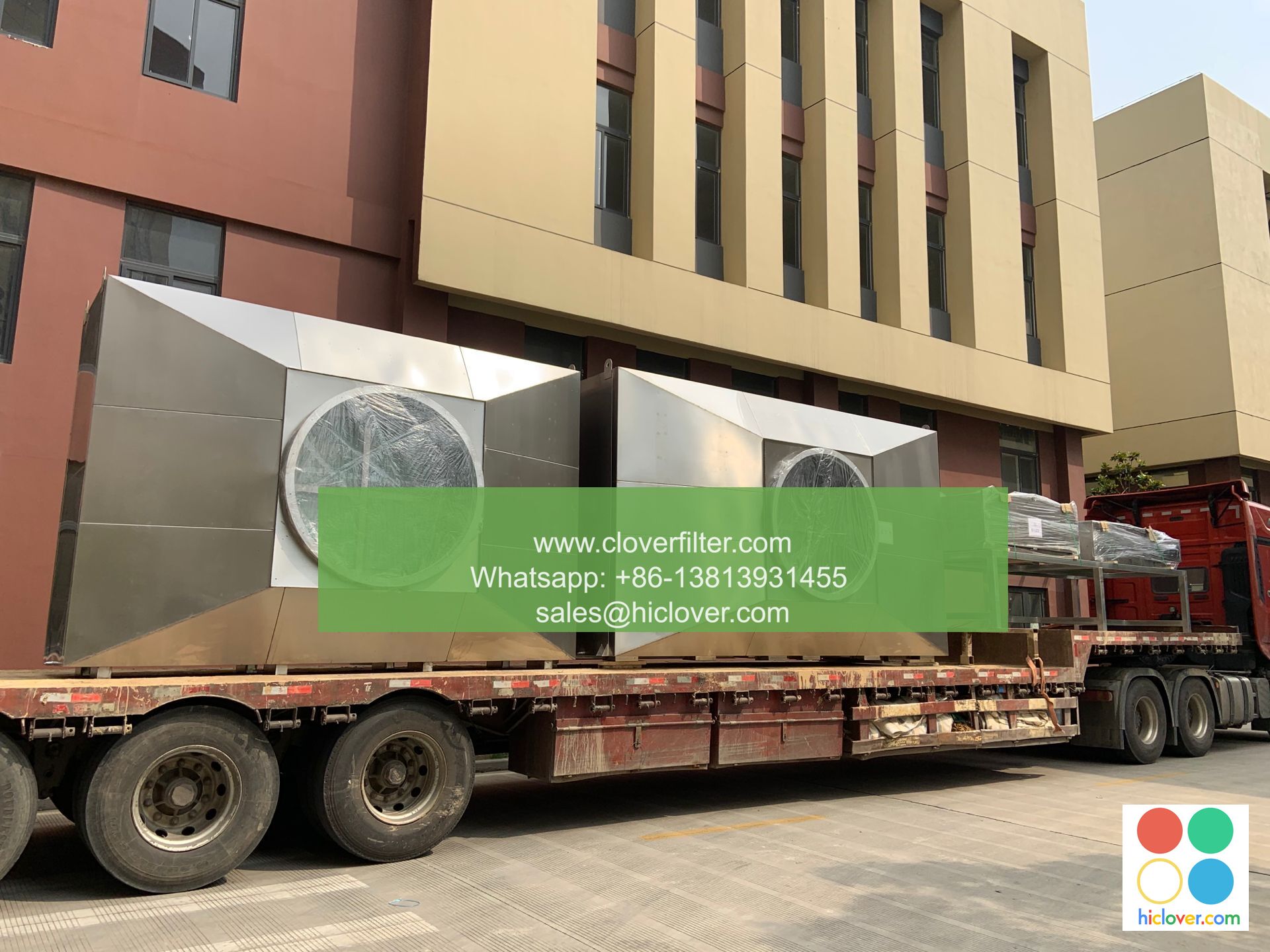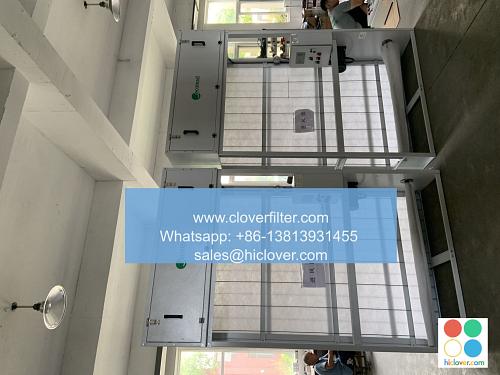Air Filter Vocabulary: A Glossary of Terms

Air filters are an essential component in maintaining good indoor air quality, and understanding the various terms associated with them can be overwhelming. In this article, we will delve into the world of air filter vocabulary, highlighting key terms, and exploring their applications in different areas.
Introduction to Air Filters
Air filters are designed to remove airborne contaminants, such as dust, pollen, and bacteria, from the air. They are commonly used in heating, ventilation, and air conditioning (HVAC) systems, as well as in air purification units. The efficiency of an air filter is measured by its Minimum Efficiency Reporting Value (MERV) rating, which ranges from 1 to 20. A higher MERV rating indicates a more efficient filter.
Key Terms and Definitions
Here are some essential terms to understand when it comes to air filters:
* HEPA (High Efficiency Particulate Air) filters: Designed to capture 99.97% of particles as small as 0.3 microns, including dust, pollen, and bacteria.
* Activated Carbon filters: Used to remove gases, odors, and chemicals from the air, often in combination with HEPA filters.
* Pre-filters: Coarse filters that capture larger particles, such as dust and hair, to protect the main filter and extend its lifespan.
* Final filters: The last stage of filtration, often using HEPA or ultra-low penetration air (ULPA) filters to capture the smallest particles.
* Air filtration efficiency: The measure of an air filter’s ability to remove particles from the air, expressed as a percentage.
* Pressure drop: The decrease in air pressure across the filter, which can affect the overall system performance.
Application Areas
Air filters are used in various industries and applications, including:
* Residential and commercial HVAC systems: To improve indoor air quality and reduce energy consumption.
* Industrial and manufacturing processes: To remove airborne contaminants and prevent equipment damage.
* Healthcare facilities: To maintain a sterile environment and prevent the spread of airborne diseases.
* Cleanrooms and laboratories: To achieve extremely high levels of air purity and prevent contamination.
* Automotive and aerospace industries: To ensure the quality of air in vehicles and aircraft.
Specialized Air Filters
Some air filters are designed for specific applications, such as:
* Electrostatic precipitators: Using electrostatic charges to attract and capture particles.
* UV (Ultraviolet) filters: Using UV light to kill bacteria and other microorganisms.
* Nano-fiber filters: Using extremely fine fibers to capture particles as small as 0.1 microns.
* Gas phase filters: Designed to remove specific gases, such as carbon monoxide or nitrogen dioxide.
Conclusion
Understanding air filter vocabulary is essential for selecting the right filter for a specific application. By familiarizing yourself with key terms and definitions, you can make informed decisions and ensure optimal air quality in various settings. Whether you’re looking to improve indoor air quality, prevent equipment damage, or maintain a sterile environment, there’s an air filter designed to meet your needs. It looks like you didn’t provide a prompt. Please go ahead and give me something to work with, and I’ll do my best to assist you. You could ask a question, provide a topic to discuss, or even give me a creative writing prompt. I’m here to help!

